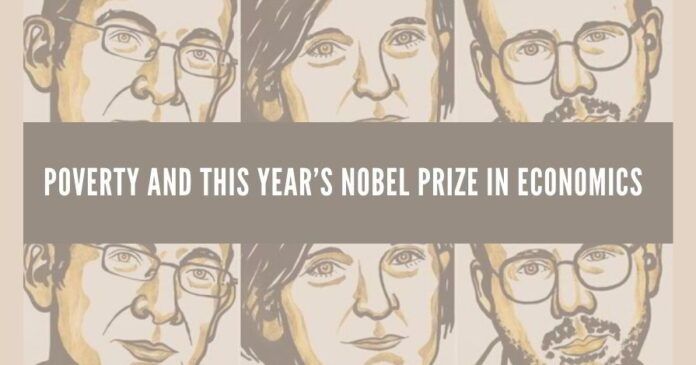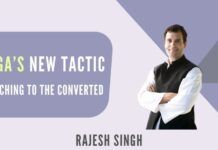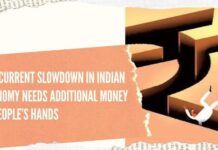
Nobel laureates have adapted RCT, a tool of medical science to development economics, which has reportedly yielded a better result in the identification and solution of problems.
The prize, popularly known as the Economics Nobel, was conferred on the economists Abhijit Banerjee, Esther Duflo and Michael Kremer for their “experimental approach to alleviating global poverty”. Their application of randomised control trials (RCT), a tool developed and successfully used by them in development economics, intensifies project focus down to micro-interventions at a local level that yield results which can be observed in the short term. It is now being used across the world in programmes to improve education and health delivery and to alleviate poverty. The experimental approach, in the context of their work, really mean the recognition of the need to use evidence as a critical input in policymaking.
RCT is a type of scientific experiment that aims to reduce certain sources of bias when testing the effectiveness of new treatments; this is accomplished by randomly allocating subjects to two or more groups, treating them differently, and then comparing them with respect to a measured response.
Banerjee has diagnosed demand deficit as the main current problem in the Indian economy and it is only natural that he proposed a universal basic income scheme (or NYAY) for inclusion in the Congress party manifesto during the 2019 election campaign.
RCTs are now recognized as an optimal method for rational therapeutics in medicine. Therefore, RCT can be better explained by an example of its application in medical science. Say, a new medicine is being introduced. In the clinical trial stage, there are two groups on which the experiment is done. One group who use the medicine and benefit from it is the treatment/experimental/target group. The other group, called the control group, comprise those who don’t use it and therefore don’t benefit from it. Now, the two groups are mixed up and samples collected randomly. Then the benefit of use of the medicine is evaluated from the experimental group samples by various indicators and the control group samples would simultaneously reveal many other unknown facts. There may be more than one treatment group or more than one control group.
The three Nobel laureates have adapted this method or tool of medical science to development economics, where the application of this methodology has reportedly yielded a better result in the identification and solution of problems. In poverty alleviation programs and development economics, they have conducted many experiments with success. But the experiments are not always successful and therefore may have to be repeated changing one or more of these parameters. It is like gene therapy. If one experiment fails, another would be tried to get ideal/corroborative results.
It has its critics too. Some, worth mentioning, are given below:
RCTs can be complex and expensive and also difficult to implement. It is costly to maintain RCTs for the years or decades that would be ideal for evaluating some interventions. Sometimes, the experiments may not give ideal results. Also, the conduct of an RCT may take several years until being published and may be of less relevance at the time of publication. In such cases, the whole effort and money get wasted. Also, the question remains as to who will bear all the cost.
RCT has micro-interventions as against macro when poverty and its nature depend on the socio-economic structure, culture and other surrounding environments of the concerned region. These experiments are basically influenced by the concerned region’s characteristics and therefore cannot be generalized or universalized at the national level. Also, micro and more micro division – this is an endless process and make it all the more difficult to universalize.
In these experiments the experimental groups are sometimes incentivized, moreover, the researchers’ own perceptions may influence the experiments. Are these ethical?
The problems of poverty are so deep-rooted, complex and multi-layered that such short-term interventions are unlikely to work much.
This approach works within the market economy assuming the solution is possible within the system. This has been contrary to experience so far.
Abhijit and Esther have looked into the current global recessionary tendency in their latest book ‘Good economics for hard times’ and one of their prescriptions is universal basic income. In fact, Banerjee has diagnosed demand deficit as the main current problem in the Indian economy and it is only natural that he proposed a universal basic income scheme (or NYAY) for inclusion in the Congress party manifesto during the 2019 election campaign.
Note:
1. The views expressed here are those of the author and do not necessarily represent or reflect the views of PGurus.
- The real Parivartan is to be ushered in now. - March 23, 2021
- When will the truth dawn on Bengalis? - March 13, 2021
- The many arguments of anti-Modi intellectuals - November 5, 2020










